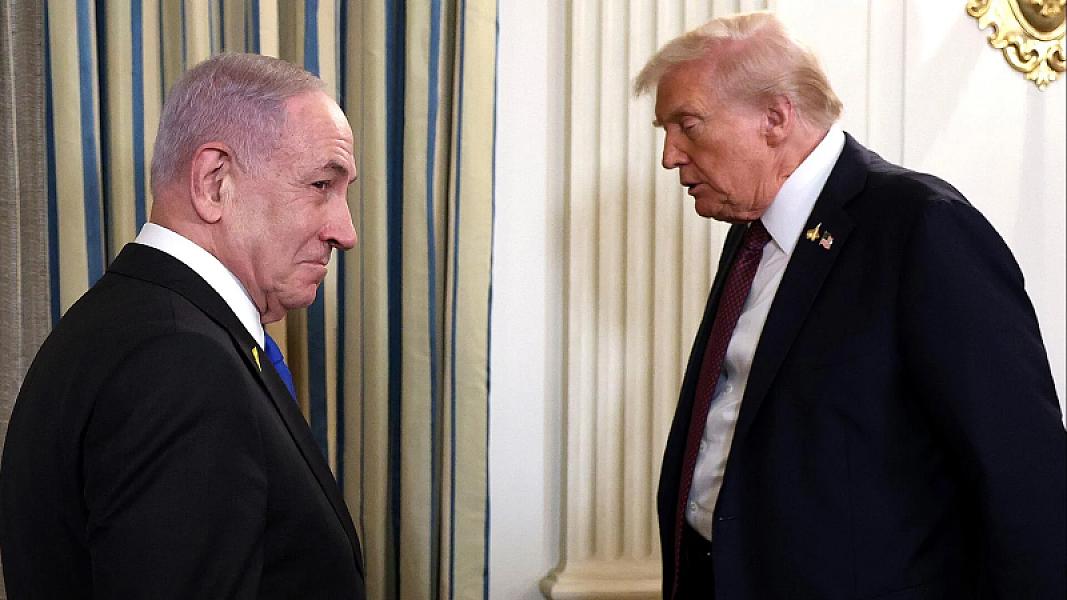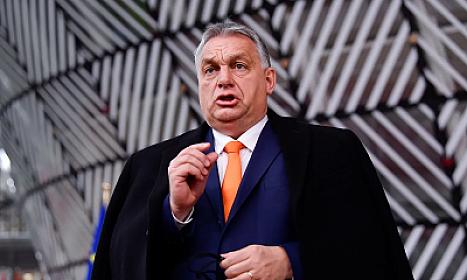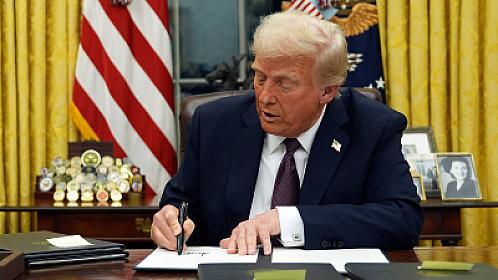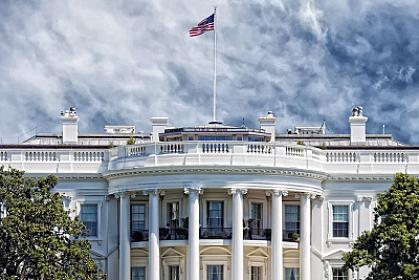The peace plan proposed by US President Donald Trump to stop the war in Gaza has been positively received internationally. The 20-point plan states that if the Hamas group releases Israeli hostages, Israel will halt its military operations. In return, Israel will release 250 Palestinians sentenced to life imprisonment. Additionally, amnesty will be granted to Hamas members, provided they surrender their weapons.
Afterwards, the reconstruction and security issues of Gaza will be addressed. The administration of Gaza will be entrusted to a specially created committee. This committee will form municipalities and public services. Gaza’s security will be handed over to international stability forces, who will also be responsible for training the police forces serving in Gaza.
Once the plan takes effect, comprehensive humanitarian aid will begin flowing into Gaza. However, the clause concerning the formation of the Palestinian state alongside Israel in the plan remains uncertain. The primary goal is to stop the killing of civilians and to initiate the peace process, including the reconstruction of the region.
Israel’s Prime Minister Benjamin Netanyahu, who met with Donald Trump at the White House, stated that he supports the US President’s plan.
But what will happen if Hamas does not accept the plan?
In that case, Israel will implement the plan unilaterally. This means that Israel will continue military operations until Hamas is neutralized, and Washington will support Tel Aviv during this time. Thus, Hamas must choose: either accept Washington’s plan—in which case the war stops, humanitarian aid reaches the people, and the region’s reconstruction begins, but the group will be disarmed—or reject the plan, in which case war and civilian deaths will continue.
Washington hopes that Arab countries, including Egypt and Qatar, will contribute to Hamas’s disarmament. These two countries have influence over the Hamas group.
The vast majority of countries have supported Washington’s plan. Among them are Turkey, Saudi Arabia, Qatar, the United Arab Emirates, Indonesia, Jordan, and India.
Turkish President Recep Tayyip Erdoğan supported Trump’s plan with these words: “I highly appreciate the efforts and leadership of US President Mr. Trump to stop the bloodshed in Gaza and ensure a ceasefire. We, as Turkey, will continue to contribute to the process so that a just and lasting peace, accepted by the parties, is established.”
Indian Prime Minister Narendra Modi stated that Trump’s peace plan will overall open the way to the security and prosperity of the Middle East. “We hope that all interested parties will unite around Trump’s plan,” Modi said, expressing his belief that this would be beneficial for both the Israeli and Palestinian peoples.
No one opposes Trump’s plan in words.
In a joint press conference with Benjamin Netanyahu, Donald Trump said he does not rule out Iran joining the Abraham Accords, which aim to normalize relations with Israel. The White House host expressed Washington’s hope of restoring relations with Iran by stating: “And who knows, maybe even Iran will join the accord. I really believe this could happen.”
The current governance system in Iran excludes the restoration of diplomatic relations with Israel. The likelihood of Trump’s Gaza plan being realized is higher than Iran establishing relations with Israel. If Trump stops the massacre in Gaza and his proposed plan is implemented, the White House host will deserve the Nobel Peace Prize.
Elkhan Shahinoglu,
political analyst







